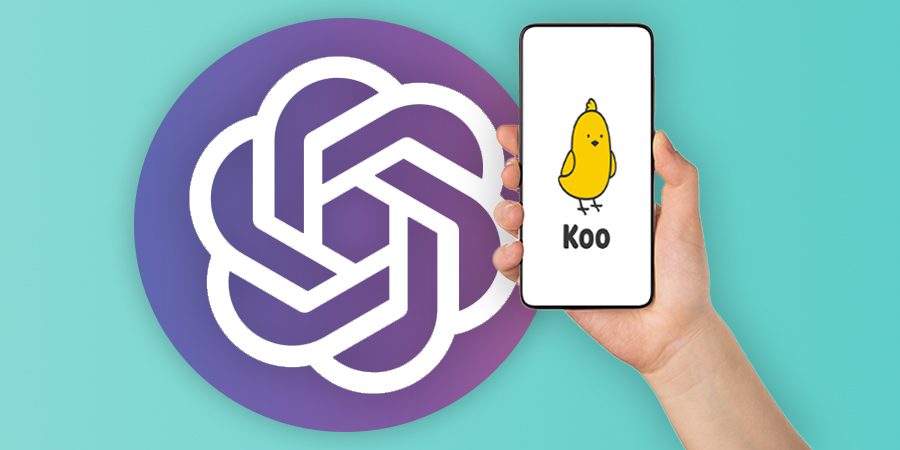Subscribe
"Unlock exclusive insights and elevate your financial wisdom with NetWorth.com — subscribe now to stay ahead in the wealth game!"

In this article, we’ll explore the recent integration of OpenAI’s ChatGPT into the India-based social media app Koo.
Key Takeaways:
Koo, a social media app based in India that aims to compete with Twitter, has recently integrated OpenAI’s ChatGPT to help users easily create posts.
ChatGPT is a type of AI bot that responds to prompts by generating written content. It has garnered attention in the tech industry for its ability to use generative AI.
With the integration of ChatGPT, Koo users can now utilize the AI bot directly within the app to craft posts on current events, politics, or pop culture.
According to Mayank Bidawatka, one of the founders of Koo, the integration of ChatGPT will provide creators with inspiration for content creation.
For instance, users can ask ChatGPT for the latest news in their area and then use it as a basis for their posts.
Koo’s integration of ChatGPT follows in the footsteps of other tech giants, such as Microsoft and Alphabet’s Google, who have recently announced their own generative AI chatbots that can synthesize information across the web in response to searches.
Snapchat’s owner, Snap Inc, has also launched a chatbot that is programmed to be cheerful and approachable.
Koo’s integration of ChatGPT is the first instance of this technology being integrated into a microblogging platform’s ability to compose posts.
Users have the option to type their prompts into the ChatGPT tool or utilize Koo’s voice command feature.
Koo has a goal of increasing the 20% of users who actively create content on the app and believes that the ChatGPT integration could help achieve this.
Initially, the feature will only be available to verified accounts on Koo, but it will eventually become available to all users.
Additionally, Koo will explore adding labels to indicate whether a post was created with the help of ChatGPT.
The integration of ChatGPT is an immensely convenient way to churn out human-like, thoughtful content in bulk.
Koo is positioning itself as a Twitter alternative and boasts over 50 million downloads, but has not disclosed its number of users.
With generative AI tools like ChatGPT, it is only a matter of time before text content generated using ChatGPT floods social media platforms.
While social media is primarily a place for communication, it has become a content juggernaut that is driving billions in revenue.
Not only multimedia content like videos, but also text-based content such as threads and newsletters, are attracting significant revenue.
With AI-generated artwork and videos already flooding platforms like Twitter, Instagram, and Facebook, the barrier of copy-paste is soon to vanish.
Despite the perils of social media such as hate speech, harassment, and misinformation, it is still a place where we can marvel at the results of human creativity.
Whether it be jokes, puns, or good old-fashioned commentary, we can at least get a few chuckles at the result of real human ingenuity.
However, with creators churning out content using ChatGPT, we seem to be entering a new age of social media where it will be almost impossible to discern whether the content is a human creation or AI-generated.
In the latter scenario, it may seem like a deception, especially if such content is shared without explicit disclosure.